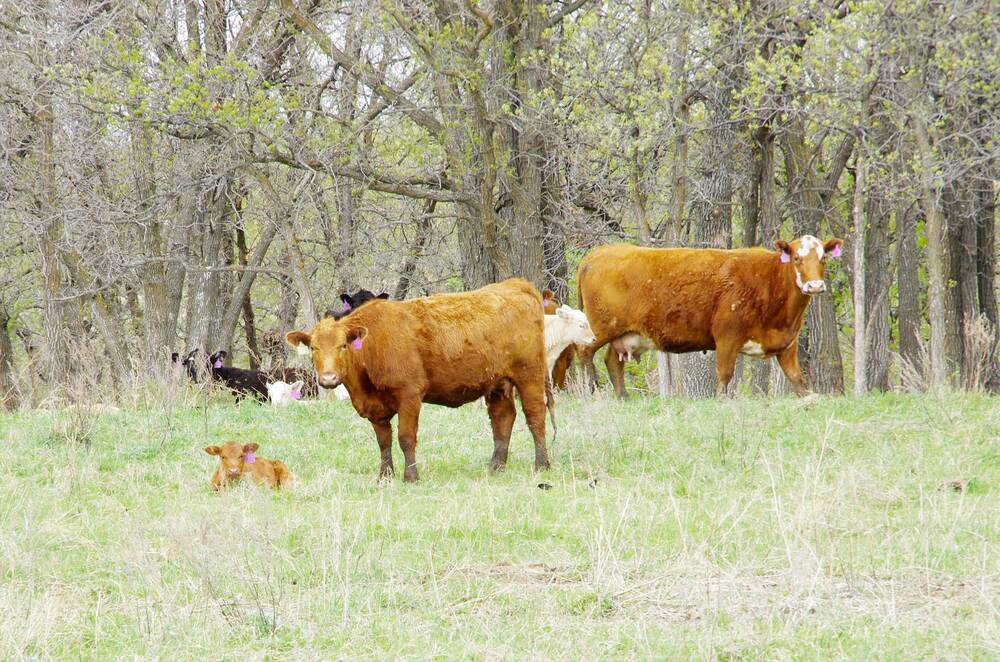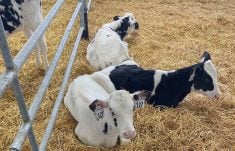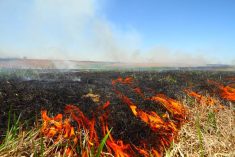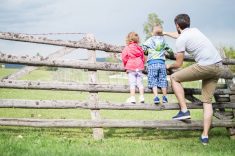Glacier FarmMedia — Calving is done, but producers should keep certain things in mind if they have to work with calves in the pasture and in the presence of a nervous mother cow.
Why it matters: Working on calves on open pasture can be tricky with a thousand pounds of anxious cow in your face.
Reg Steward, a range contractor and commercial beef farmer near Williams Lake, B.C., stresses vigilance.
Read Also
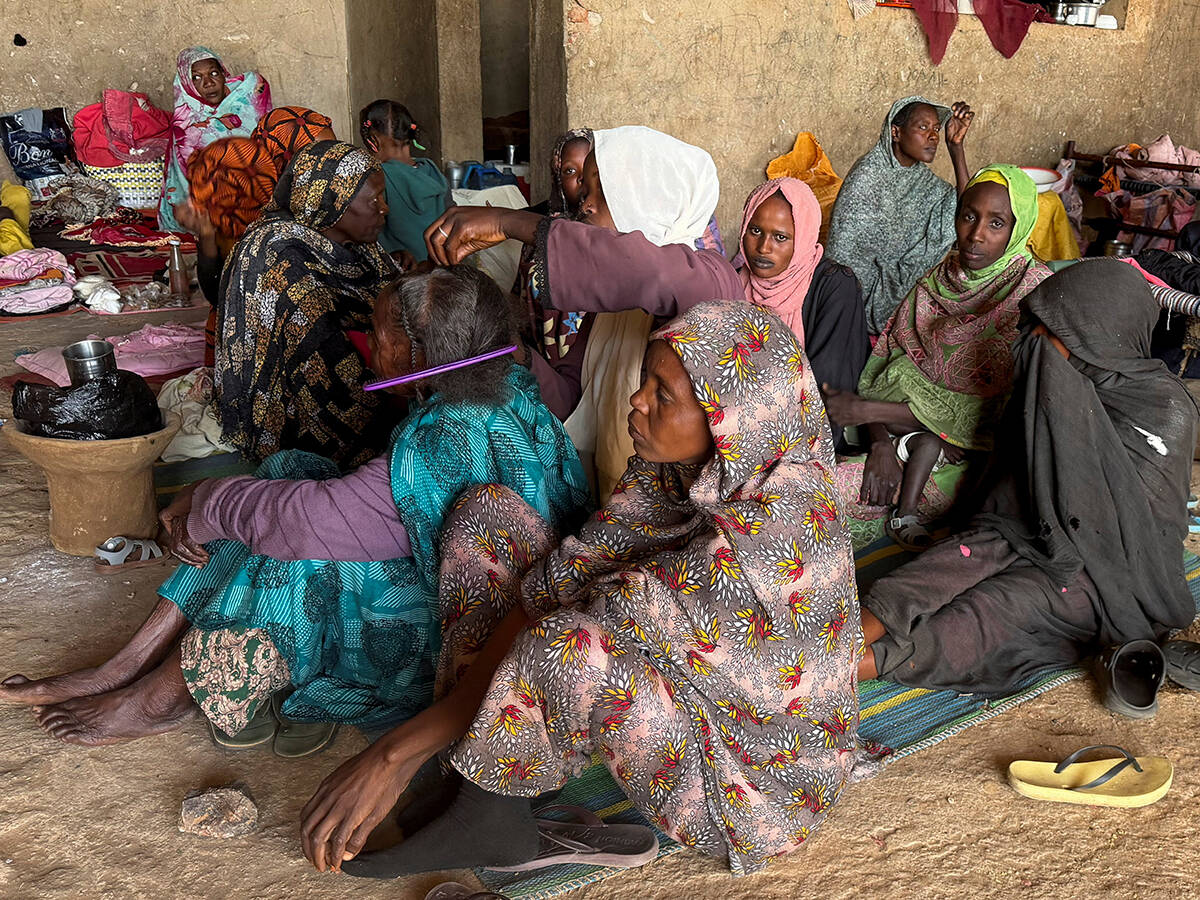
‘Millions will die’: Foodgrains Bank faces $2.7B federal funding threat
Foodgrains Bank warns $2.7B aid cut triggers a humanitarian crisis, risking global hunger relief and 40 per cent of its funding.
“Keep your eyes on that mom. Don’t get so preoccupied dealing with the calf that you don’t look up,” he said.
“I like a three-in-one rule. I kind of look down for three seconds, I look up and make sure that nothing’s changed. Try to position yourself in such a way that you can watch her at the same time as you’re dealing with the calf.”

Another tip is to build a box made of three or four panels. The producer can use that box to enclose the calf and do whatever work is needed. Or, if there’s a fence nearby, the farmer can pull the calf under the fence, work on it and then shove it back to the mother cow. Calves can also be placed in the back of a truck and work on them there.
Things are typically better if the mother cow can see her calf, Steward said.
Ranchers should be cautious when using sharps and knives when tagging, banding or vaccinating.
“Sharps account for a lot of injuries, and then you can end up with infections or reactions that can be very serious,” he said.
Accidents with sharps can cause allergic reactions or unfortunate interactions between a farmer’s personal medications and vaccine meant for the animal.
“I have a saying,” said Steward. “When in doubt, don’t.”
There is no shame in asking for help, Steward added. If in an uncomfortable situation, look for support.
“Every worker in Canada has the right to refuse what they perceive to be unsafe work. It’s not just a regulatory provision across Canada. It’s just good business.
“We want our people to come home safe and we want them to learn, so if someone comes to you and says, ‘I’m not sure what to do here,’ then as an employer or co-worker, that’s just a great teaching opportunity.”
Steward is also a contractor with AgSafe B.C. and helped set up AgSafe Alberta, and notes that responsible management includes a reasonable plan for working alone.
“That’s a plan that goes two ways. It’s the capacity for you to check in, and the ability to be checked upon, when working alone or in isolation. That can extend to multiple people.”
If a person is working alone, they should be able to check in with someone who can help. They should have a pre-arranged check in system and time, said Steward. If the person fails to check in, there should be a system in which someone checks on them.
Ranchers must figure out the right system for their environment, whether that is a cellphone or two-way radio.
They can also protect themselves by washing with an effective disinfectant and practicing good hygiene while working with cattle.
Steward stressed communication and teamwork. People working with cattle should feel free to communicate any observations, including potential risks and hazards. It is also important to consider the needs of family members who may never have received training.
“It’s important for the whole aspect of due diligence to be able to manage your workers, whether they’re family members or employees, using what I refer to as the ‘three T’ system,” said Steward. “You tell them, and then you show them, and then you watch them.”
During calving season itself, he recommends making sure you have an exit strategy before interacting with animals.
“That doesn’t change if you’re pen riding, if you’re working on foot, if you’re in an enclosed area or if you’re on an open piece of ground; you want to always approach that calving situation, that newborn calf, that struggling mama, with the understanding that you need to know where you’re going to go before you have to go,” he said.
Farmers should know ahead of time how they’re going to react, “if that situation turns ugly.”
He also advised producers to look to their own health and well-being during the stressful season. That includes getting as much rest as possible, eating enough and properly, and staying hydrated.
“It’s sometimes too easy to just rely on coffee and more coffee and stronger coffee,” he said.
All of those factors can affect alertness, clear thinking and the ability to react.


